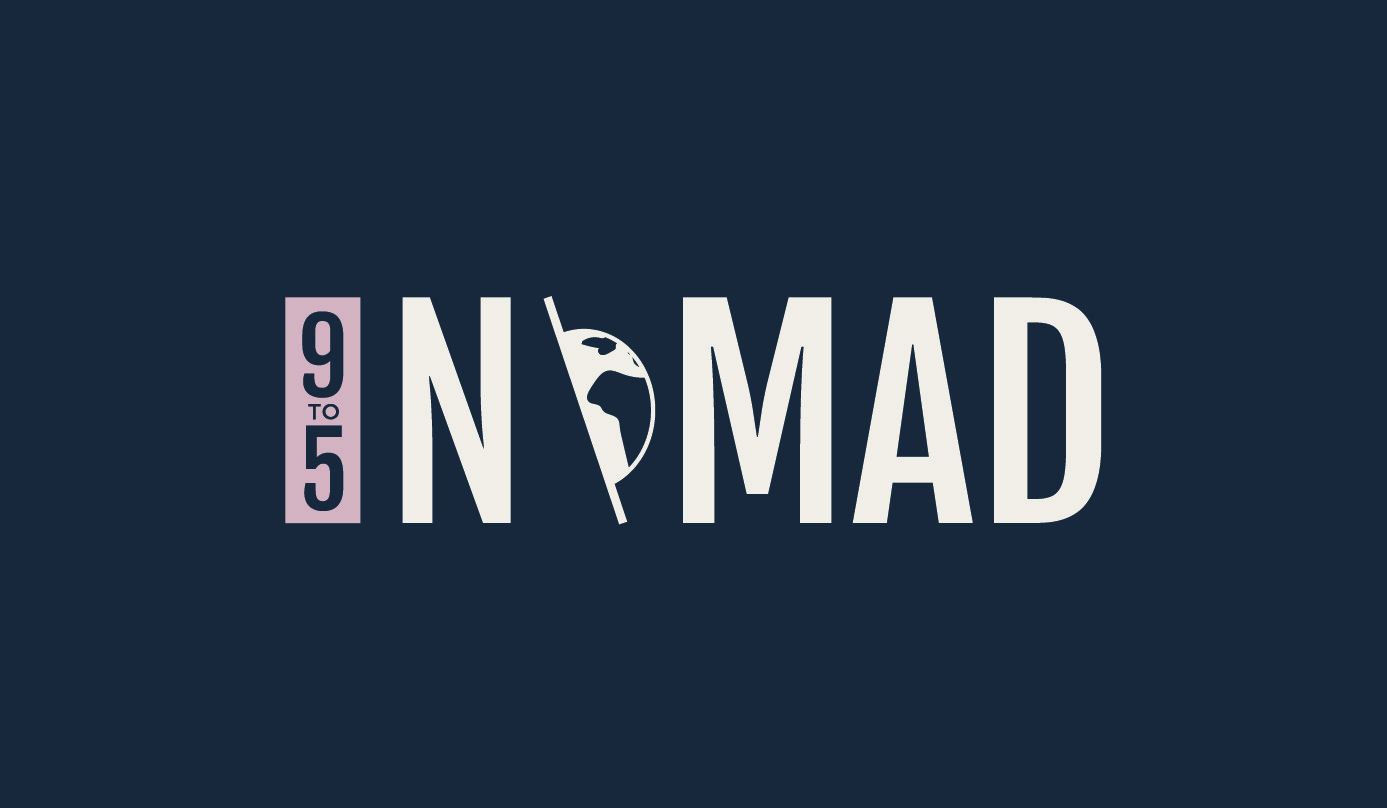A few weeks ago, I met a man who convinced me that not traveling right now might be the biggest moral misstep. Here’s why.
For most of 2020, I tried limiting my movements. “Stay at home!” they said. “Traveling and coming into contact with underserved communities will kill people!” they said. “That’s someone’s GRANDMA!”.
So, I took that advice to heart. I moved to Mexico in August, but spent several days at home in a row, isolating with my two roommates. Then, I moved from Puerto Vallarta to Playa del Carmen, where there were no mask orders or isolation rules. The most we see is masks and temperature checks in large establishments.
When I arrived in Playa, I considered diving but held off. Was it right to ‘force’ people to work and cart me and my equipment out to sea in a diverse group of people that could be carrying the virus? Was I putting the people in the service industry at risk?
After some waffling, I decided to do a shark dive with a friend.

After my shark dive, I remembered why I was in love with diving and decided to sign up for three cenote dives the following weekend. It was between these three dives that I spoke with my instructor about the morality of tourism during the virus.
What he explained to me changed my mind about traveling during the pandemic
Playa del Carmen, as are many tourism-based economies, are not cultures that value saving. For example, when people are no longer able to work, they live with their families. Their families then feed them and ensure that they’re comfortable until they die.
However, that means that not only is there a financial burden on younger, able-bodied family members, but there is also a perpetuation of a hand-to-mouth mindset. Whether people bring home 100 pesos or 100 dollars, they will spend it on their way home.
Living in a collectivist culture means that a person’s earnings aren’t necessarily their own. They belong to the collective good. In this case, it’s the obligation to take care of the many generations living with them.
What does this mean for tourism during the pandemic?
Ultimately, people depend on the day’s wages to feed their families.
This isn’t in all cases, but what it means in an economy like Playa is that money runs out quickly when there isn’t available savings or income in a family unit.
In other words, people were starving. This makes people more vulnerable to disease, malnutrition, and makes them even more susceptible to COVID-19.
In Bali, another tourism-focused economy, there were hundred and thousands of digital nomads that got their visas extended to continue living on the island. Then, Indonesia stopped allowing people in and stopped extending people’s visas. The Balinese people are dying of starvation due to the lack of tourism money coming in.
This is not a White Savior statement
People love to say, “Oh, they love the American Dollar over there”. Yeah, duh. People need money to eat. But that’s no excuse to dehumanize people over their economic differences. I love the American Dollar, too.
This is the opportunity to realize that people who aren’t getting tourism money are starving. This makes children’s’ education nearly impossible (just as hunger impacts education in the US), it makes old people even more vulnerable to the disease, and it means that people are living in cramped quarters during a pandemic.
So, it begs the question: What’s worse, not traveling and doing tourism activities and people starve, or traveling and people maybe are exposed to a disease that everyone will eventually be exposed to, especially here in a tourist area?

Honestly, the people are making the decision to open. They need the money, because it’s a risk they’re willing to take. Not because ‘they need American Dollars’ but because they need to eat, and to support their families.
